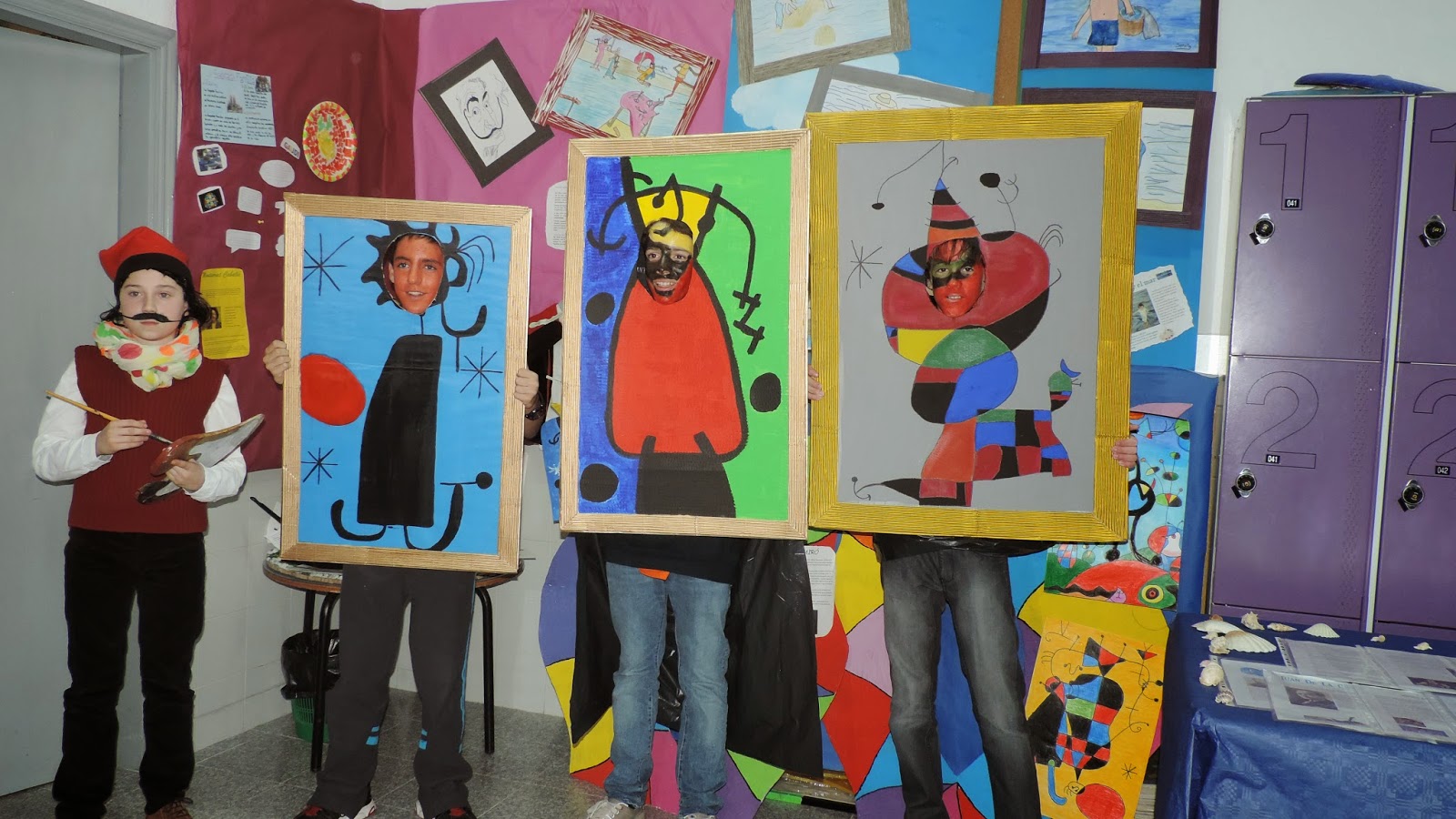Travel to Spain
So flew we over fields and over hills to distant
lands. We passed over seven seas but I saw nothing as I kept my eyes closed
because of the high turbulence. The plane crew met and saw us off with smiles.
We arrived at Madrid’s airport. While awaiting for the
bus connection we read some press. Then we took the highway to Zaragoza. I
myself tried a bit driving the bus. We arrived at dawn. We were accommodated at Don Diego de Velazquez hotel – you know,
named after the famous artist. The obliging hosts led us to the centre of the
city with a population of 700 thousand people. We visited Plaza
Hispania, the Assembly of Aragon, the magnificent Nuestra Senora del Pilar baroque basilica (which was built for 100 years some three centuries ago), the City hall, the monument of the Earth and Water, erected for the World exhibition in 2008, the monument to the great artist Francisco Goya, the archbishop’s cathedral, the old market, the narrow streets in the historical centre, the Roman arch, river Ebro and so on.
Hispania, the Assembly of Aragon, the magnificent Nuestra Senora del Pilar baroque basilica (which was built for 100 years some three centuries ago), the City hall, the monument of the Earth and Water, erected for the World exhibition in 2008, the monument to the great artist Francisco Goya, the archbishop’s cathedral, the old market, the narrow streets in the historical centre, the Roman arch, river Ebro and so on.
In the morning we set off for the suburbs where
Colegio Antonio Machado is
situated. It’s a private school, founded 30 years ago. Some twenty teachers teach more than 300 pupils aged 3 to 19. The classrooms are smaller than in Etropole, but they have fewer students in a class, too. The rooms are gaily-coloured, full of school equipment, books and materials. We were told that the funding is provided by the government. Parents pay for the transport to the outskirts, lunch (lessons start at 9 a.m. and finish at 5 in the afternoon) and – oh, God! – for the English language teaching. They study it every day from the age of 3, besides they do a second foreign language. And because they pay, parents take an active part in education.
Children get homework for the weekend: to describe their adventures with the lion cub named Sierzo and the Suso manikin. Mum and Dad help them: keep a diary, stick photos and illustrations, describe what they have done together.
situated. It’s a private school, founded 30 years ago. Some twenty teachers teach more than 300 pupils aged 3 to 19. The classrooms are smaller than in Etropole, but they have fewer students in a class, too. The rooms are gaily-coloured, full of school equipment, books and materials. We were told that the funding is provided by the government. Parents pay for the transport to the outskirts, lunch (lessons start at 9 a.m. and finish at 5 in the afternoon) and – oh, God! – for the English language teaching. They study it every day from the age of 3, besides they do a second foreign language. And because they pay, parents take an active part in education.
Children get homework for the weekend: to describe their adventures with the lion cub named Sierzo and the Suso manikin. Mum and Dad help them: keep a diary, stick photos and illustrations, describe what they have done together.
They took us around the school – the three of us the Bulgarians
and the two charming ladies from Budapest. We saw the well equipped language
and computer labs, the studies for chemistry, biology, music, home economics,
etc. There was a student punished in the corridor. I spotted stickers “No use
of mobile phones”. The same as in our school right?
They were working hard in the classrooms. Students and
teachers were preparing the 22-nd annual Culture week. This year it was
dedicated to the 16 regions of Spain. Every class was to represent a different
province with its landmarks, architecture, traditional costumes, crafts,
cuisine, celebrities. They played various games in order to learn and present
the province better. The school was decorated wonderfully by the pupils. There
were castles, palaces, cathedrals, windmills, caves with dinosaurs, what else.
The flags of the regions and students’ drawings were hanging on the walls.
Elder children helped younger. We could attend a drama performance of Don
Quixote de la Mancha with a real knight and his armour-bearer Sancho Panza,
Dulcinea and other characters of the book.
On Friday at the school pitch the real feast began. It
was a fairy-scene, a real delight for one’s eyes. There was everything – roman
soldiers, kings and queens, medieval princes and princesses, fairies and
witches, dinosaurs and monsters, spotted cows and sheep, grape clusters, fruits
and vegetables, drummers, great artists like Salvador Dali and their paintings,
singers and musicians, sportsmen and, of course, the tourist industry: every year Spain is visited by over
40 million tourists. Naturally, the most impressive and varied was the group
representing Aragon. The gorgeous performance lasted for several hours. It
ended with a splendid flamenco in which parents and grandparents danced. And I took
a photo of a real cardinal. At least they say so – he knows to read in Latin.
In the end we said goodbye to our hosts. We all were
sad, but promised to meet again in some of the 10 countries participating in
the project.
On Saturday we were
again at the enormous airport of Madrid. We took a picture for “So long”, the
metro transported us from one terminal to the other one and we were again on
board the plane of Bulgaria Air. We saw Barcelona from above – 11 thousand
metres, I slept above the sea, and: “Hello, Sofia!” – “Welcome to Etropole”.














Няма коментари:
Публикуване на коментар